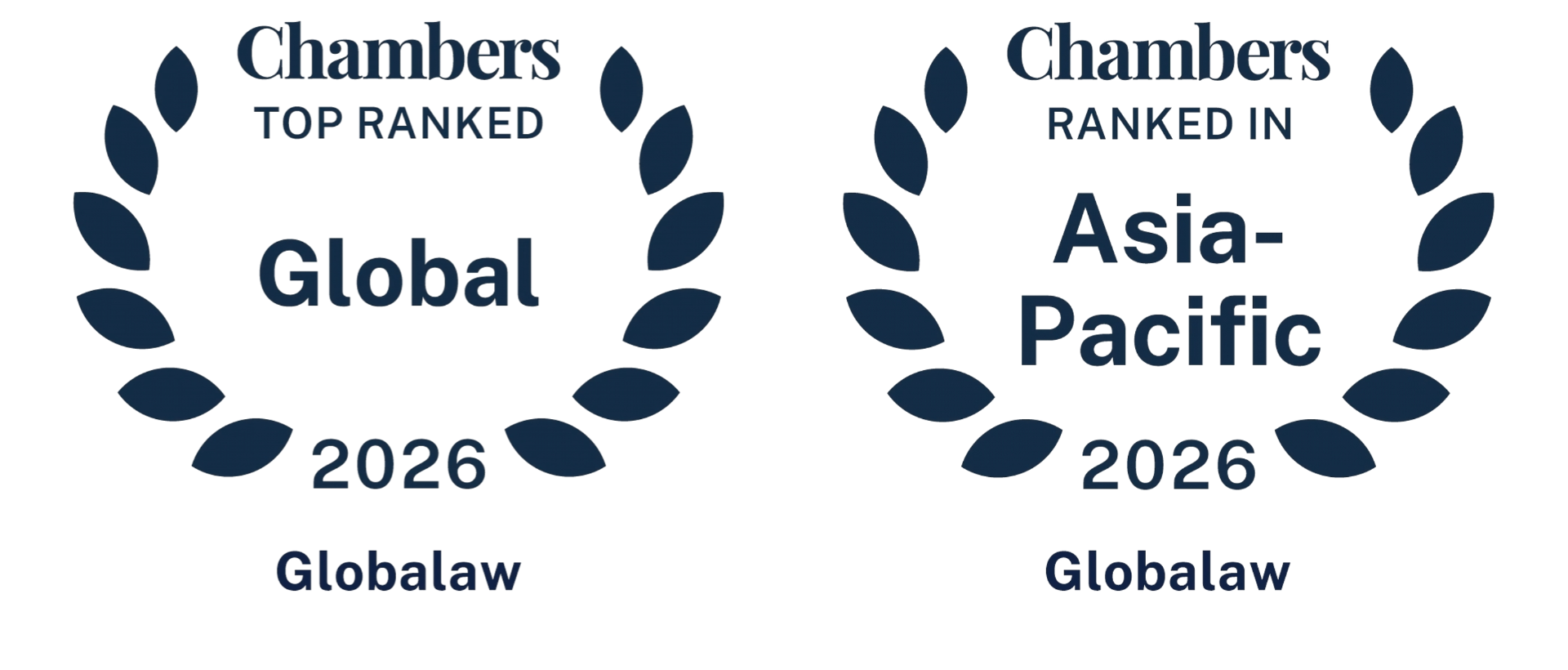Member Spotlight: EMD, Malta
Globalaw is kicking off its member spotlight series for its 30th Anniversary celebration. The first member firm, EMD, is from Malta. Recently, I had the pleasure of catching up with EMD's Pierre Mifsud and Lisa Vassallo. From the beginning, you could tell that EMD is a special place, with the kind of lawyers with whom we would all like to work. These are problem solvers committed to relationships, diversity, history and creativity.
As Lisa started talking, I could see the beautiful white tiled vault structure of their offices behind her - an office built into a historical building and located in Valletta, both the capital and one of the historical centres. Lisa's first words were about the clients who had just left - headed to a nearby restaurant to celebrate the project's successful conclusion, with which EMD was helping. EMD's pride in the relationships they build with clients was quickly apparent, as Lisa apologized for being a few minutes late as she'd had to beg off repeated lunch invitations and lots of hugs from that client to be able to make our meeting. As she spoke, the importance of EMD in their relationships with clients -their partnerships with those clients- was striking.
That focus on relationships goes beyond clients. EMD employs lawyers and staff from around the world and celebrates that diversity routinely. Whether through various lunches, where employees cook food to share from their native countries, or planned social events, the group is clearly based on relationships - relationships that allow firm members to work strategically across teams and provide the type of integration that makes legal advice seamless. EMD's substantive prowess is equally impressive. A recent example? Setting up a Ritz Carlton cruise line from scratch. Essentially, EMD has helped launch this entire operation: establishing physical offices for infrastructure support, financing and registering the vessels, providing corporate advice and assistance, drafting contracts, and developing key employment strategies, including work and residential permits. It is a multi-phased project; the first ship sailed last summer, with the next set to deliver in June of 2024 and with more ships to follow.
It is exactly the kind of project that shows the depth and breadth of EMD's lawyers and their ability to work so seamlessly between their varied teams.
And they do so not just in Malta. Given Malta's strategic location between Africa and Europe, it should be no surprise that EMD's lawyers have strong ties in both locations. Recognized by many as an ideal entry point to the European Union, companies from Africa and the Americas find strategic value in locating here. And the opposite is equally true, with EU firms using Malta to be closer to North Africa. EMD is well positioned to assist these companies as they use Malta's strategic location to better connect with both jurisdictions.
While I'm on the call, I'm already considering when I could visit - both to see this incredible island and its history and also to connect with EMD. But Malta is much more than a tourist destination. Malta has a strong local industry that focuses on financial services, shipping, aircraft maintenance, aircraft registration, and pharma manufacturing. I asked Pierre, one of the founding members of the firm (which will celebrate its 25th anniversary in 2025), why pharma? When registering their patents, he explained that the major drug companies often skipped Malta as "unimportant." But that meant that Malta became quite significant - essentially the land of opportunities for the generic drug companies to come in, stockpile and manufacture. It became a key entry point for pharma manufacturing in the rest of the world and underscores how a small jurisdiction can become a critical opportunity.
As we neared the end of our time, I asked Pierre if he had any last words of advice for the business person who had not worked in Malta recently. Pierre quickly responded, tying together both the legal and practical advice for which EMD is recognized and pointing to Malta's increased focus on the substance of companies trying to claim Malta as their home. With tax, anti-money laundering, and increased expectations of substantial involvement, things like physical presence, employees, and local board involvement have become increasingly important. And EMD can help sort through all of those issues.
In fact, EMD's creativity has gone beyond just legal services in supporting its clients. It formed a technology company to assist with the implementation, configuration, and maintenance of enterprise resource planning (ERP) systems. The company also developed its own software suite dealing with payroll and procurement, particularly for Libya (including the deductions and taxes that are required there).
Visit www.emd.com.mt/ to learn more.

.png)






